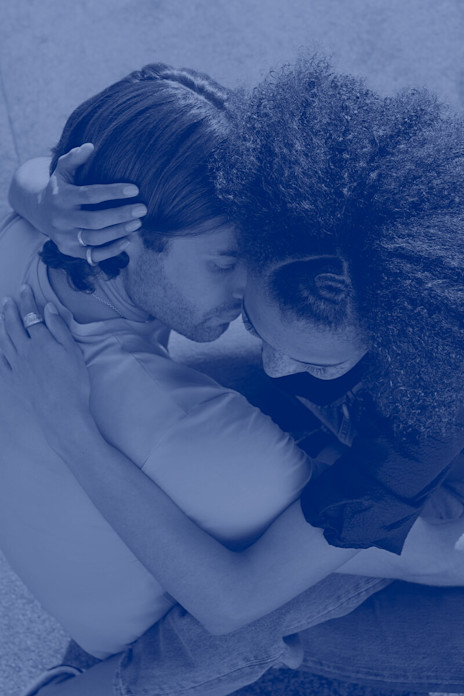HOW HAIR LENGTH AFFECTS DANDRUFF
Whether your hair is short or long, you can still get dandruff. That’s because dandruff is the result of what’s happening on the scalp – in fact, it has very little to do with your hair length.
When you suffer from dandruff, it’s because you’re sensitive to changes on your scalp caused by these factors:
sebum – the natural scalp oils everyone produces
Malassezia globosa – a naturally occurring microbe present on everyone’s scalp
oleic acid – the byproduct created when Malassezia breaks down sebum on your scalp
If you’re one of the 3 billion + people in the world sensitive to oleic acid, you’re likely to experience dandruff at some point in your life.
Dandruff doesn’t discriminate
Because everything is happening on your scalp, your hair length won’t affect whether you suffer from dandruff.
(Balding parts of the scalp may experience less dandruff, though, because the environment is less suitable for Malassezia microbe; it thrives in warm, humid places).
It may affect how visible it is, however, as flakes could easily become hidden in longer hair compared to short hair, where it has less distance to travel to the surface where it can be seen.
Just because you can’t see it, don’t ignore dandruff
Dandruff is not just an aesthetic problem – it is itchy, uncomfortable and can damage your scalp and hair.
A dandruff sufferer’s scalp is less healthy than a non-dandruff sufferer’s scalp. Scratching an itchy and uncomfortable scalp can damage the skin surface even further.
As you might expect, an unhealthy scalp is a damaging environment for the hair. Scientific studies have shown that hair that grows from an unhealthy scalp is less healthy as well, with more surface damage.
That’s why we developed our Full & Strong shampoo to help keep your hair strong. Tackling dandruff keeps your scalp environment healthy, allowing your hair to be thick and full.

